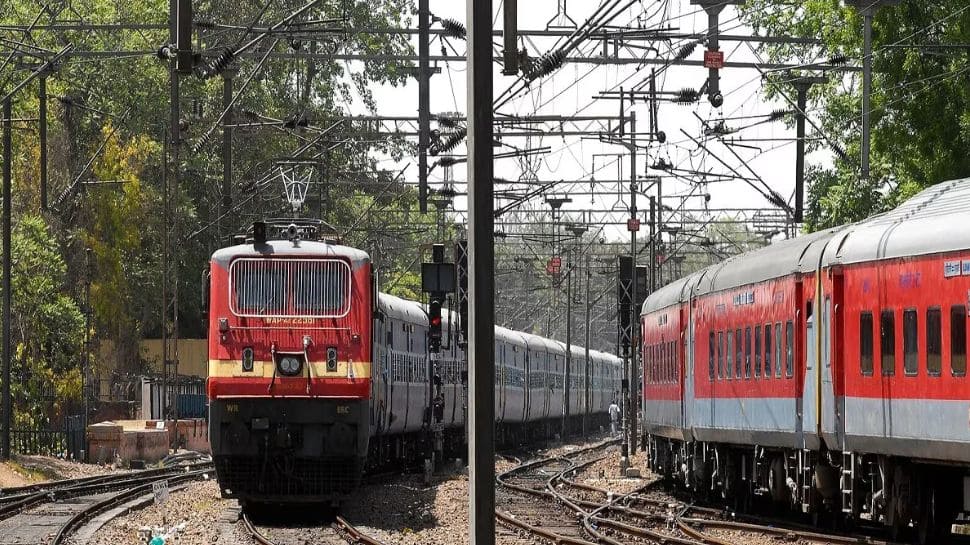
Visakhapatnam to Basti in 42 hours? Try 42 months.
At least that’s what viral reports claim about an Indian Railways freight train that allegedly set a record not for speed, but for sloth.
Did a train carrying fertilizers really take longer than some college degrees to reach its destination?
The Tale of the Tardy Train
Picture this: November 10, 2014. A train leaves Visakhapatnam, loaded with 1,316 bags of fertilizer worth ₹14 lakhs. Its destination? Basti, Uttar Pradesh – a mere 1,400 kilometers away, or roughly a 42-hour ride. But when November came and went, and the train didn’t show up, businessman Ramchandra Gupta, who had booked the consignment, began making frantic calls.
Months turned into years, and the train became the ghost of Indian Railways, as missing as your car keys when you’re late. Gupta filed complaint after complaint, and railway officials scratched their heads harder than contestants on a quiz show.
Finally, in July 2018 – yes, three years, eight months, and seven days later, the train reportedly chugged into Basti, carrying not just fertilizer, but also the collective confusion of everyone involved.
By then, the goods were useless, the financial loss was significant, and the whole saga had entered the realm of the absurd.
What (Supposedly) Happened?
Theories abound. Some say the train was waylaid, its wagons parked in forgotten corners of freight yards due to “sick” bogies (rail-speak for unfit carriages).
Others speculate that it fell victim to a spectacular bureaucratic facepalm, misplaced in the labyrinth of railway schedules and priorities.
Sanjay Yadav, Chief Public Relations Officer of the North Eastern Railway zone, offered a possible explanation: “Sometimes, when a wagon becomes sick, it is sent to the yard, and it seems the same happened here.”
But how exactly does a train go AWOL for nearly four years? That part remains as murky as the Ganges in monsoon.
The Real Story: A Viral Train of Misinformation
But wait! Before you start weaving conspiracy theories about ghost trains, the Indian government’s fact-checking arm, PIB Fact Check, stepped in to derail this viral tale.
According to PIB, the claim of a 3.5-year delay is “misleading.”
No train in Indian Railways’ history has ever taken this long to reach its destination, they said, stamping out the saga as a mix of half-truths and imagination gone rogue.
So what’s the truth? While it’s plausible that a consignment was delayed due to logistical snafus, the exact timeline appears exaggerated. Was there a delay? Likely. Did it take 3.5 years?
Not according to Indian Railways.
The Punchline
Did the train really take longer to reach its destination than it would to binge-watch every single episode of Game of Thrones?
Officially, no. But the story’s absurdity, coupled with a sprinkle of truth, has cemented it as a quirky chapter in the annals of Indian Railways lore.





